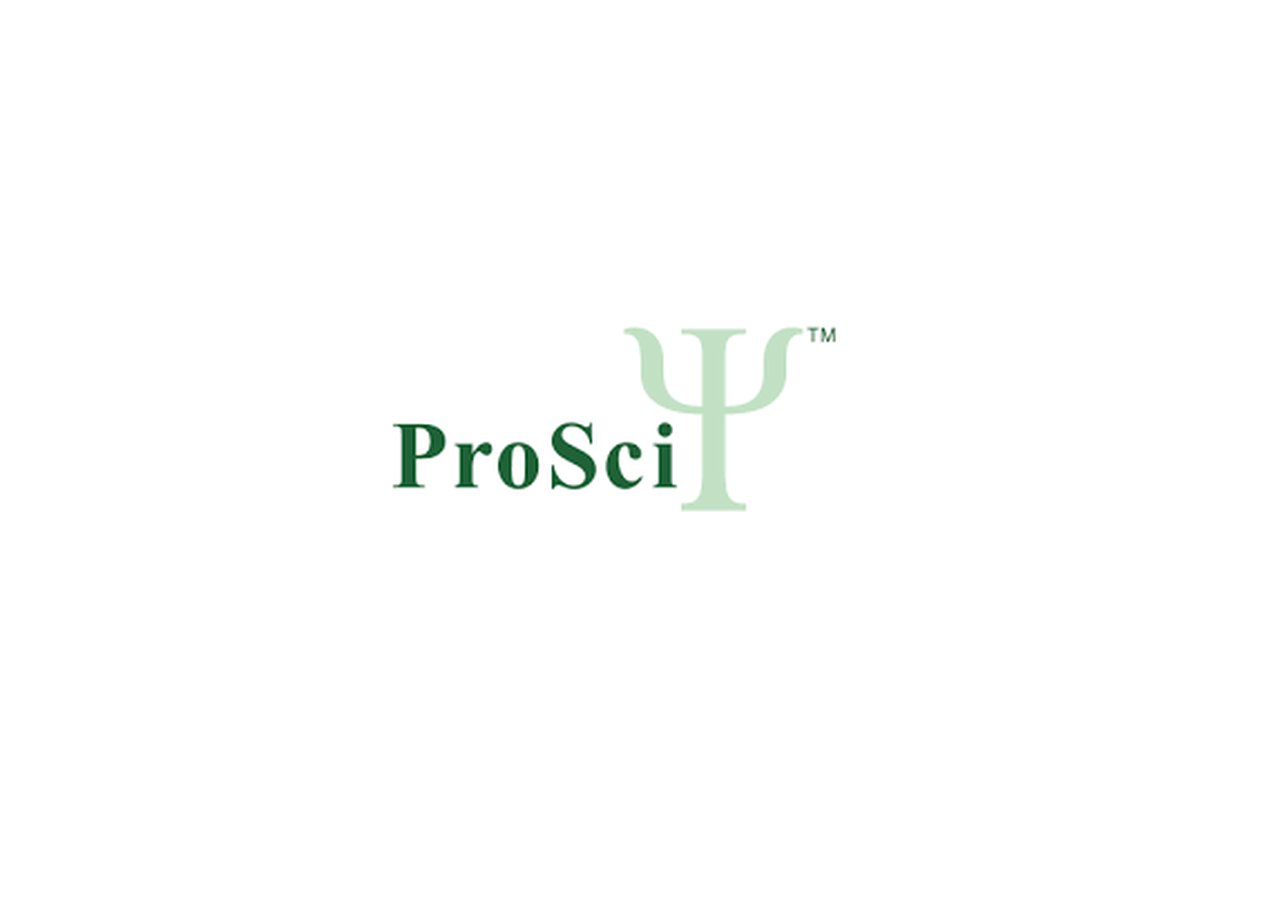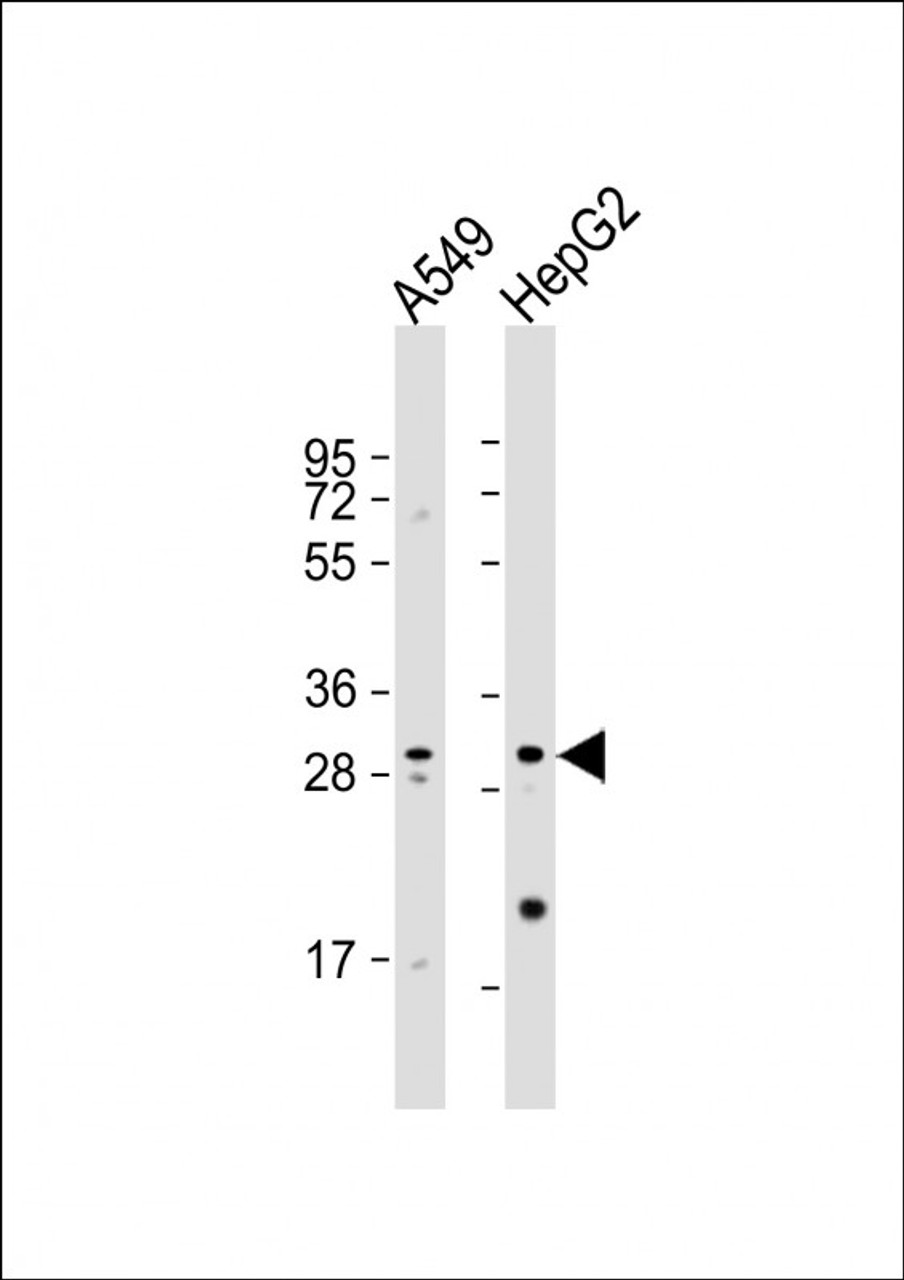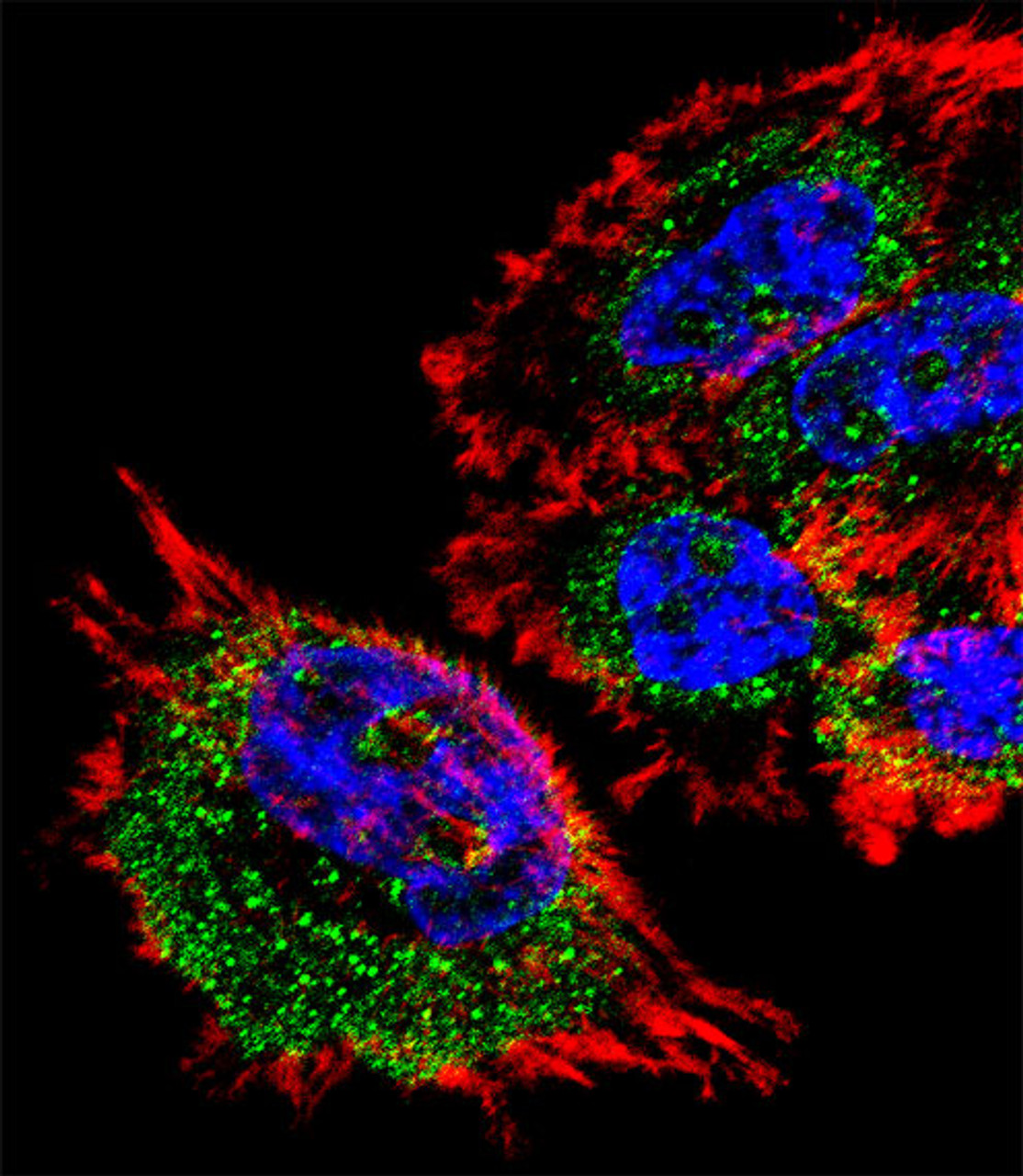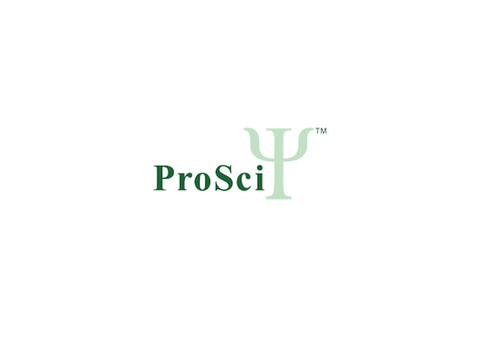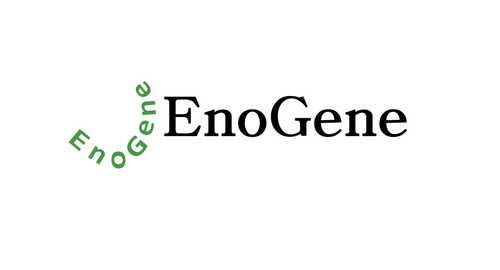Product Description
MRPL28 Antibody | 60-346 | ProSci
Host: Rabbit
Reactivity: Human
Homology: N/A
Immunogen: This MRPL28 antibody is generated from rabbits immunized with a KLH conjugated synthetic peptide between 28-55 amino acids from the N-terminal region of human MRPL28.
Research Area: Other
Tested Application: WB, IF
Application: For WB starting dilution is: 1:1000
For IF starting dilution is: 1:10~50
Specificiy: N/A
Positive Control 1: N/A
Positive Control 2: N/A
Positive Control 3: N/A
Positive Control 4: N/A
Positive Control 5: N/A
Positive Control 6: N/A
Molecular Weight: 30 kDa
Validation: N/A
Isoform: N/A
Purification: This antibody is purified through a protein A column, followed by peptide affinity purification.
Clonality: Polyclonal
Clone: N/A
Isotype: Rabbit Ig
Conjugate: Unconjugated
Physical State: Liquid
Buffer: Supplied in PBS with 0.09% (W/V) sodium azide.
Concentration: batch dependent
Storage Condition: Store at 4˚C for three months and -20˚C, stable for up to one year. As with all antibodies care should be taken to avoid repeated freeze thaw cycles. Antibodies should not be exposed to prolonged high temperatures.
Alternate Name: 39S ribosomal protein L28, mitochondrial, L28mt, MRP-L28, Melanoma antigen p15, Melanoma-associated antigen recognized by T-lymphocytes, MRPL28, MAAT1
User Note: Optimal dilutions for each application to be determined by the researcher.
BACKGROUND: Mammalian mitochondrial ribosomal proteins are encoded by nuclear genes and help in protein synthesis within the mitochondrion. Mitochondrial ribosomes (mitoribosomes) consist of a small 28S subunit and a large 39S subunit. They have an estimated 75% protein to rRNA composition compared to prokaryotic ribosomes, where this ratio is reversed. Another difference between mammalian mitoribosomes and prokaryotic ribosomes is that the latter contain a 5S rRNA. Among different species, the proteins comprising the mitoribosome differ greatly in sequence, and sometimes in biochemical properties, which prevents easy recognition by sequence homology. This gene encodes a 39S subunit protein, a part of which was originally isolated by its ability to recognize tyrosinase in an HLA-A24-restricted fashion.
 Euro
Euro
 USD
USD
 British Pound
British Pound
 NULL
NULL

